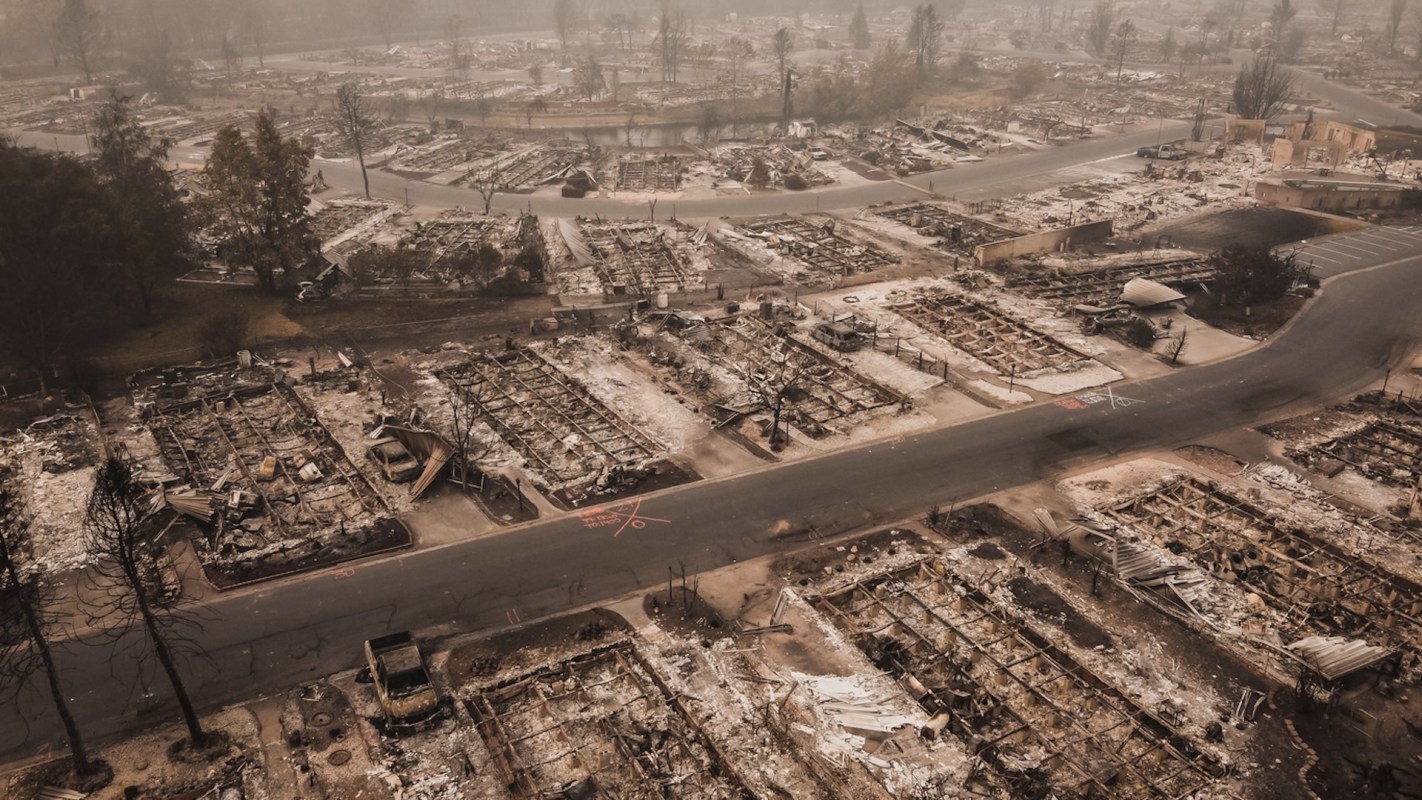Risk experts are warning of an elevated chance for global catastrophes in the next decade, with some expecting a catastrophe even sooner. Environmental disasters are at the forefront of the concerns.
What happened?
The World Economic Forum (WEF) surveyed 1,490 risk experts worldwide from September 4 to October 9, 2023. Of those surveyed, almost two-thirds said they expected an elevated chance of global catastrophes in the next decade. About 30% said they expect the same in the next two years.
The experts identified disinformation as the most severe risk over the next two years, followed by extreme weather events.
Over the next decade, environmental concerns are at the forefront. The top five risks are extreme weather events, critical change to Earth systems, biodiversity loss and ecosystem collapse, natural resource shortages, and misinformation and disinformation.
Why are these predictions concerning?
According to WEF, "environmental risks could hit the point of no return." The organization points out that two-thirds of respondents rank extreme weather as the "top risk most likely to present a material crisis on a global scale in 2024."
This may come as no surprise, as 2023 went down as the hottest year on record. Metro Phoenix recorded at least 600 heat-related deaths amid a record-shattering heat wave that summer. Meanwhile, Texas recorded more than 300 heat-related deaths.
Along with the record-breaking heat has come record-breaking droughts. Nearly a quarter of people worldwide lived under drought conditions over the last two years, according to a new report.
For instance, some parts of Catalonia, an autonomous region in northern Spain, have not seen rain in over three years. In early 2024, the government declared a state of emergency and enacted water restrictions in its largest city, Barcelona.
Other severe weather events like wildfires, flooding, and hurricanes are picking up in frequency and intensity, too. A series of powerful storms known as atmospheric rivers prompted California's governor to declare a state of emergency in February.
What can I do about global catastrophes?
While it may seem like you can't do much more than bury your head in the sand, "The fact is we're all going to have to take action," said John Scott, head of sustainability risk at Zurich Insurance Group, which collaborated with the WEF on the report, per CNN.
One of the best things you can do is put pressure on people in power. The Citizens' Climate Lobby helps you find your congressional representative and draft a letter. You should also be mindful to vote for pro-climate candidates at the ballot box.
Join our free newsletter for cool news and actionable info that makes it easy to help yourself while helping the planet.









